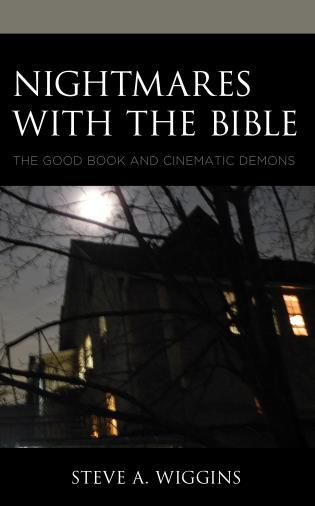It’s always a pleasure to be invited, even if not as a proper guest. To an academic conference, I mean. Most of us sit around feeling pretty obscure most of the time, even if we do write books. I am literally genuinely surprised when sometime contacts me to tell me they’ve read my work. It was, therefore, a complete surprise to be asked to attend the “Ancient and Modern Ideas of Possession” conference hosted by the University of Innsbruck. I wasn’t an official participant, but the organizers, somewhat surprisingly, knew of Nightmares with the Bible and thought I might be interested in, well, possession. Because I work “nine-to-five” and because Austria is several hours ahead of the Eastern Time Zone, I couldn’t Zoom in for all of it, but what I did hear I really appreciated.
One of my suspicions was confirmed, and that is that the idea of possession remains an outlier in academia. The sixteen or so presenters represented several academic fields, none of which boasts of being interested in such things. What surprised me, but then really didn’t, was that a comment or question came up several times: do any of us believe in the ontological reality of demons? At least for the time I was able to sign in the question was never fully discussed but I had the sense that one or two of these academics were willing to lean in that direction. We all know that individual observation is often faulty and subject to biased interpretations. We may, however, know that many such accounts have been written by highly reputable individuals with nothing to gain by making spurious claims. Academics should remain curious.
I learned that at least two of the presenters had written books that it would’ve been useful to have read for my own book. Books are part of a conversation. Seldom is any single volume the last word on a subject. It was a privilege to be among other academics, if I may classify myself as one, even if erstwhile, that had come to a similar place in their explorations of the world of spirits. Women and men who were willing to ask that most shunned of questions, “what if?” Human experience moves ahead and some ideas are left behind. That doesn’t mean those ideas should never be revisited. Nobody at the conference mentioned my book, but at least one person in the room was aware that it was, in some form, part of the discussion.

